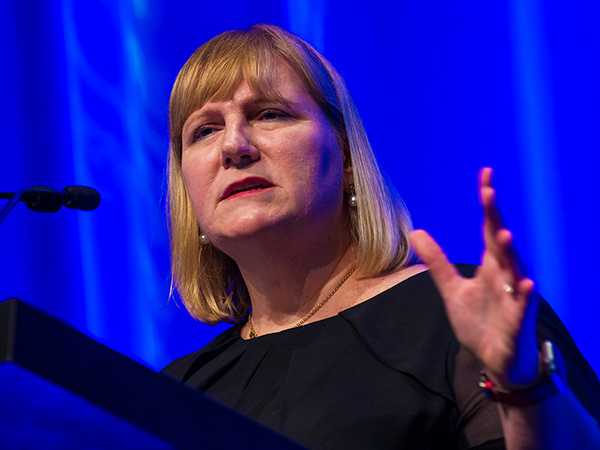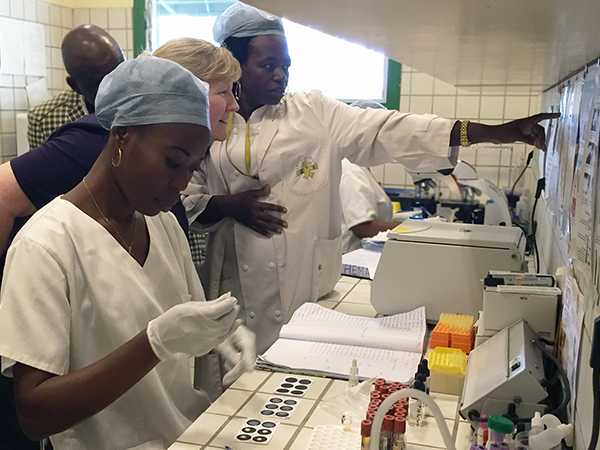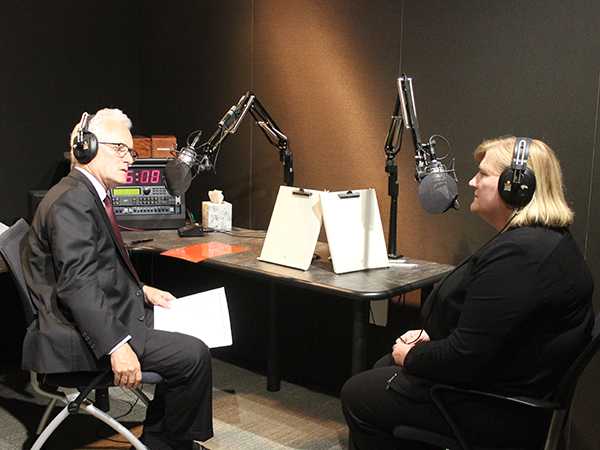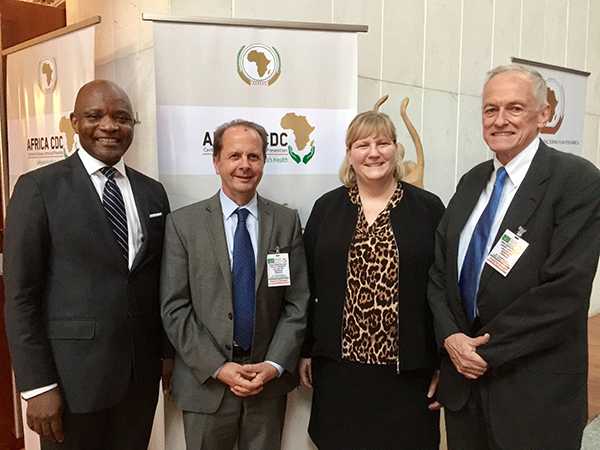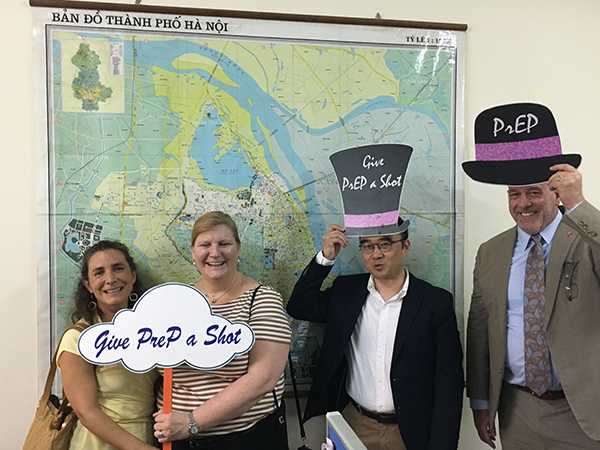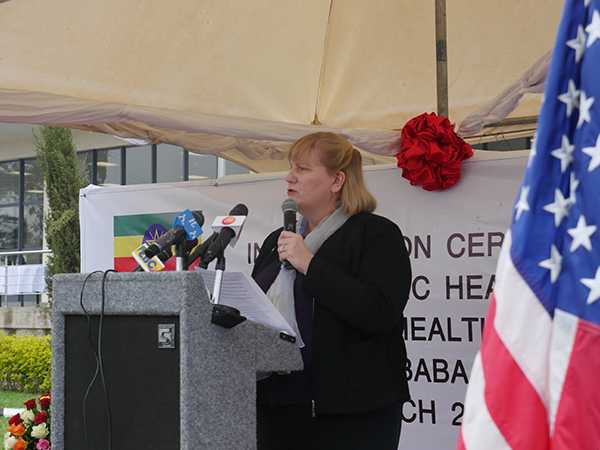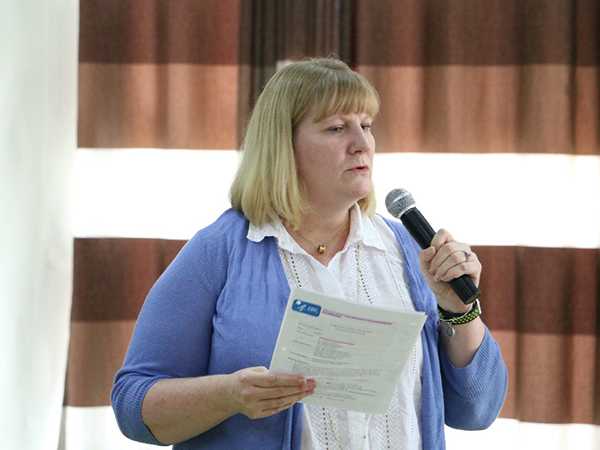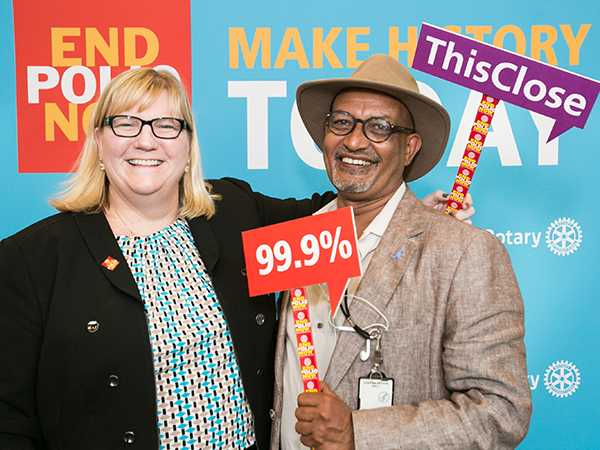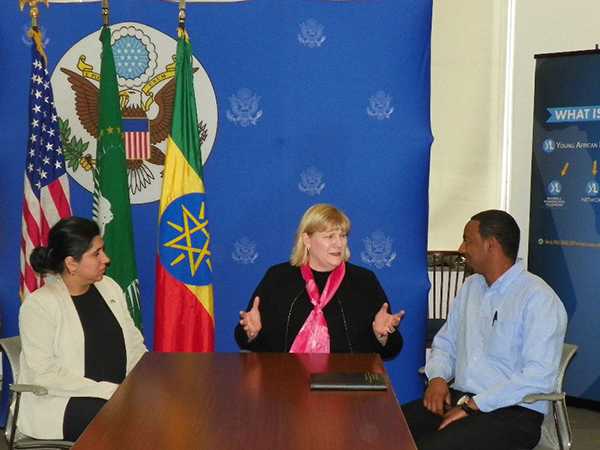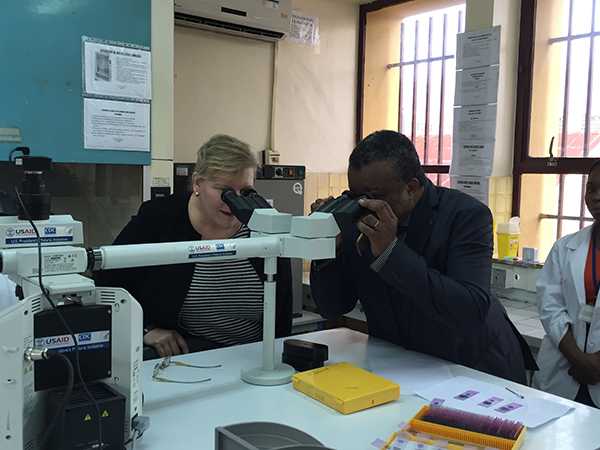Rebecca Martin, PhD - Director, Center for Global Health
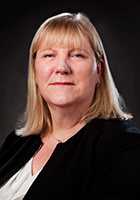
Rebecca Martin, PhD, is the Director of the Center for Global Health (CGH) at the US Centers for Disease Control and Prevention (CDC). Dr Martin has worked both domestically and internationally in immunization, HIV, and health system strengthening and now leads CDC’s global efforts to protect and improve health globally through science, policy, partnership, and evidence-based public health action.
Dr. Martin has over 18 years of experience working in international health. Since 1991, Dr. Martin has worked in the global health arena and has had CDC assignments in Kenya, Tanzania, and Denmark (2002-2011). She was detailed to the WHO African Regional Office from 2002-2006, based in Kenya as a senior epidemiologist in the inter-country immunization program office for eight east African countries. From 2006-2008, Dr. Martin served as Program Director for Strategic Information and Human Resources for Health with the CDC Country Office in Tanzania. She led and implemented studies, in partnership with the ministry of health, to measure and evaluate the HIV/AIDS epidemic and strengthen national capacity to respond.
Between 2008 and 2011, Dr. Martin was detailed to the WHO European Regional Office as the Regional Advisor for Immunization where she spearheaded regional efforts to strengthen immunization and surveillance systems, provide evidence for the introduction of new vaccines, achieve the goal of measles and rubella elimination, and maintain the region’s polio-free status. Most recently from 2012 to 2016, Dr. Martin served as the Director of the CGH Global Immunization Division, which leads CDC’s global polio eradication efforts, accelerated disease control for vaccine-preventable diseases, introduction of new and underutilized vaccines, and the strengthening of immunization systems.
Dr. Martin began her career with CDC in 1997 in the National Immunization Program, Epidemiology and Surveillance Division. Prior to joining CDC, she worked at the Maryland Department of Hygiene and Mental Health in Baltimore Maryland as the immunization program epidemiologist leading efforts to increase vaccination coverage, conducting outbreak investigations, coordinating the development and introduction of Maryland’s immunization registry, and supporting the state’s Vaccines for Children Program.
Dr. Martin received her Doctorate of Philosophy from the Johns Hopkins Bloomberg School of Public Health in international health with a focus in infectious disease epidemiology. Over the past 15 years, she has collaborated with multilateral organizations and development partners and has worked closely with ministries of health and non-governmental organizations. She has co-authored manuscripts and developed strategic plans, normative guidance and guidelines on immunization strategies, vaccine-preventable diseases and surveillance methods for both immunization and HIV.
Selected Publications—Rebecca Martin, PhD
- The Globally Synchronized Switch-Another Milestone Toward Achieving Polio Eradication. JAMA Pediatr. 2016 Oct 1;170(10):927-928.
- Zika virus —10 Public health achievements in 2016 and future priorities. MMWR Morb Mortal Wkly Rep. ePub: 30 December 2016.
- Control of Japanese encephalitis in Asia: the time is now. Expert Rev Anti Infect Therapy. 2014 August ; 12(8): 901–904.
- Research priorities for global measles and rubella control and eradication. Vaccine. 2012 Jul 6;30(32):4709-16.
- Supplementary immunization activities to achieve measles elimination: experience of the European Region. The Journal of Infectious Diseases. 2011 Jul;204 Suppl 1:S343-52.
- What will it take to achieve measles elimination in the World Health Organization European Region: progress from 2003-2009 and essential accelerated actions. The Journal of Infectious Diseases. 2011 Jul;204 Suppl 1:S325-34.
- Measles supplemental immunization activities improve measles vaccine coverage and equity: Evidence from Kenya, 2002. Health Policy. 2007 Sep;83(1):27-36.
- Public-health impact of accelerated measles control in the WHO African Region 2000-03. Lancet. 2005 Sep 3-9;366(9488):832-9.
- Page last reviewed: September 7, 2017
- Page last updated: September 7, 2017
- Content source:
Global Health
Notice: Linking to a non-federal site does not constitute an endorsement by HHS, CDC or any of its employees of the sponsors or the information and products presented on the site.


 ShareCompartir
ShareCompartir
